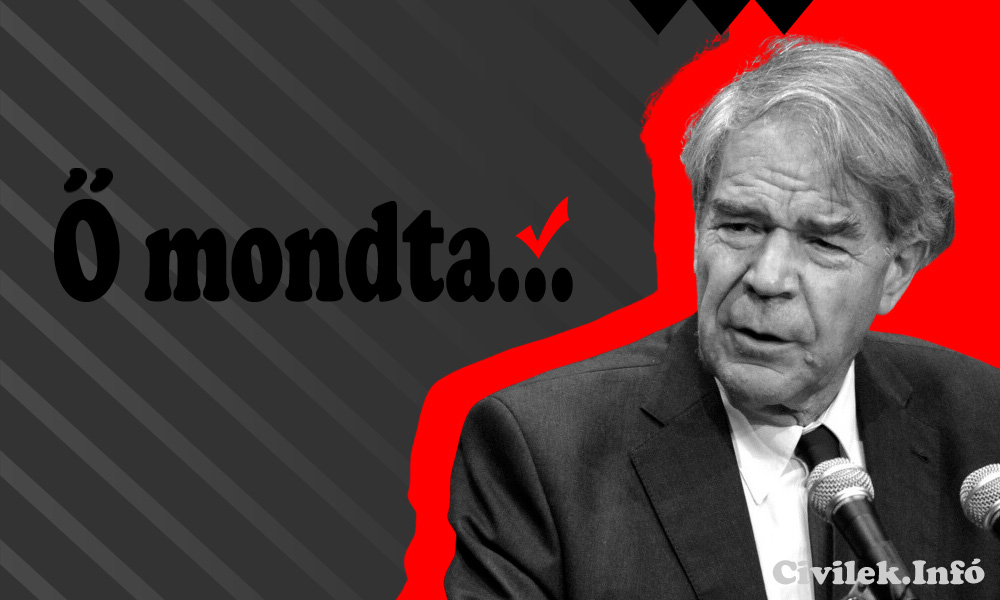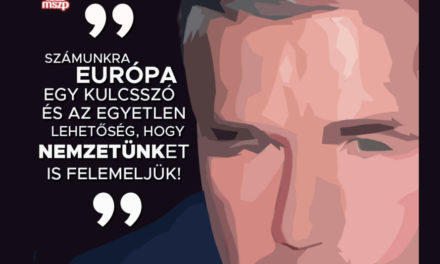The year 2023 ended as a series of crises, the Ukrainian-Russian war and the clashes in Gaza... No, no, the US Secretary of State, Kissinger, could not have imagined the year of his death that way.
As the US presidential election in November of next year approaches, politics subordinates everything to it. The Democratic Party supports the candidacy of President Joe Biden, but a growing part of the population feels that the president is unfit for another four-year term due to his old age (he is in his eighties), his mental state, and his son's corruption cases. However, there is no younger white or colored man or woman within the party who is eligible to run and has a chance of success. Vice President Kamala Harris' popularity is even lower than the president's.
Within the Republican Party, former President Donald Trump is leading the way, and his challengers are unknown nationally. The two parties have already started the showdown with the other. The Republican-dominated Congress would acquit the current president due to incompetence, the Democrats would initiate criminal proceedings against the previous one. American society is as divided as it was last one hundred and fifty years ago, during the North-South War. Part of the process is the devaluing of the Russian-Ukrainian conflict.
Republicans are willing to support Ukraine, Taiwan, and Israel only if the president strengthens the southern border of the United States to reduce the number of incoming migrants. In the case of Ukraine, this means that the declining American financial and military support must be replaced by Europe. During the 22 months of the war, Europe lost significant ground in the global balance of power, and its weapon stocks were drastically reduced. The first package of sanctions was brought by the Union one day before the start of the war, and it was expected that Russia would be forced to its knees. At the moment, we are in the twelfth sanctions package without significant results. It is an old American dilemma that successful German-Russian cooperation would make the USA a periphery.
As a result of the sanctions policy and the explosion of the Nord Stream, German-Russian trade was practically reduced to a minimum. Russia mainly sells its raw materials on Asian markets, from where they are often returned to Europe at much higher prices. American shale gas costs several times the Russian price, so it is clear that Europe's competitiveness is decreasing, while the USA's advantage is increasing.
New conditions in Ukraine and Israel
Today, more and more politicians and military leaders are saying that, based on the existing balance of power, Ukraine cannot win the war. For example, German four-star general Harald Kujat, the former head of NATO's Military Committee, is also proposing peace talks after the conflict's second year has brought constant warfare, misery and mounting casualties on both sides. Tensions are rising within Ukraine, and its budget is not even sufficient to cover military expenses. Western technology is not able to counterbalance Russian quantitative superiority. In addition, Kiev has not solved all seven conditions necessary for EU accession. There would still be plenty of work to do in the fight against corruption, in regulating the oligarchs and in settling the situation of national minorities.
The year was not only characterized by crises and spillover wars in Ukraine. In the Middle East, on October 7, the anniversary of the war fifty years ago, Hamas attacked and surprised Israel. According to the Palestinian organization, all this was necessary because the world, including the Arab and Muslim countries, forgot about the Palestinian cause. The consequence was the new war in Gaza, in which most of the victims were civilians.
From the beginning of the war, it was obvious that the world's sympathy for Israel would turn. This happened in just a few weeks. The US, Israel's only strategic ally, also condemns the failure to extend the ceasefire, the action against the Palestinians, and thus the excesses of the Jewish population in the West Bank. Washington helped Israel with a large amount of weapons from the beginning of the war, among other things, it provided a hundred bunker-busting bombs, but it did not deliver the promised small arms so that they could not be used against the Palestinians. Israel demands that it be able to control the security of Gaza after the war, which is unacceptable to Washington. America is pushing for a two-state solution, which does not suit Israel. So far, Israel has won all its wars and lost all its peaces. The situation is similar now. Only America can enforce peace in the region, but it is questionable when this will happen.
Kissinger and the crises
In the third world, crisis follows crisis. The task of the Sahel region would be to stop the migrants, but the region is struggling with its own political problems. Europe is trying to deal with the migrant issue with great delay, so Italy wants to send asylum seekers to Albania, Great Britain to Rwanda until their cases are investigated, and Germany would limit the annual reception limit to 200,000 people a year. It has been revealed many times that 94 percent of migrants trying to enter the European Union are economic refugees, and the proportion of political refugees is around six percent. Exactly what kind of changes can be expected largely depends on the outcome of next year's European Union elections, where although a shift to the right is expected, the extent is questionable. NATO also elects a new Secretary General. But it is not known whether the candidate (who will be European in accordance with previous practice) is capable of better representing the interests of the old continent.
Former US Secretary of State Henry Kissinger died recently at the age of 100. The basis of his life's work was the manipulation of the then Soviet and Chinese leadership against each other. Currently, the USA is waging a war with Russia through Ukraine, and considers China its main enemy. Kissinger is turning in his grave. So 2023 ended as a series of crises, but humanity was able to survive, and perhaps 2024 will be more successful and peaceful.
Featured image: Árpád Földházi/Mandiner













